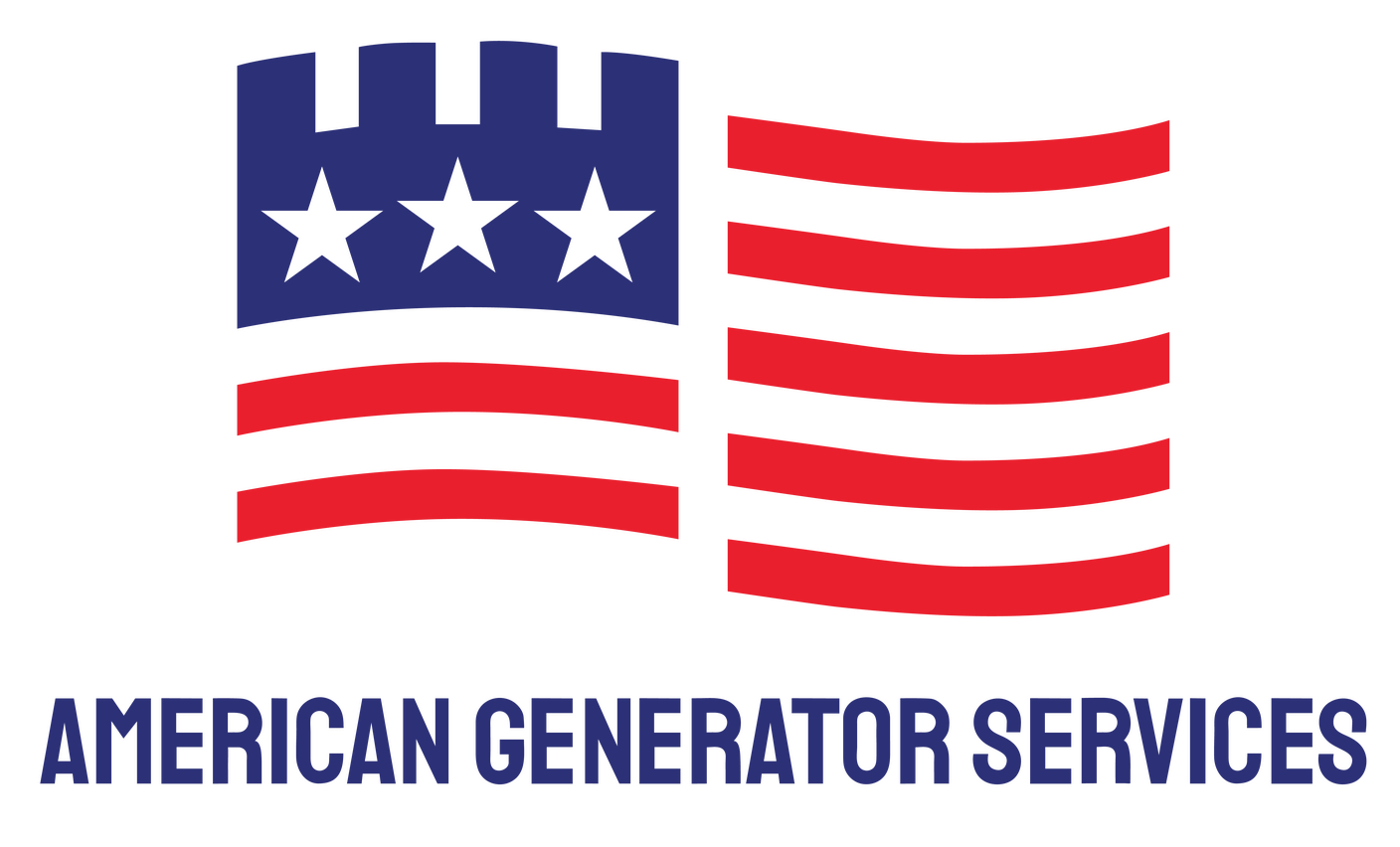Winter weather can be unpredictable, bringing snow, ice, and extreme temperature swings. Large organizations that rely on commercial generators to maintain operations during power outages must ensure these critical systems are ready to perform if needed. Here are some practical steps to prepare your backup power for cold weather or fluctuating temperatures.
1. Conduct a Comprehensive Inspection and Test
Have your commercial generator inspected by a professional before extreme weather hits. The professional should check for visible damage, leaks, or worn components, perform a load bank test to confirm that the generator can handle your organization’s power requirements, and promptly address any unusual noises, smoke, or performance issues.
2. Optimize Fluids, Filters, and Fuel for Winter Performance
Cold weather can thicken engine oil and diesel fuel, making it harder for your generator to start and operate efficiently. Use winter-grade oil recommended by the manufacturer for commercial generators and replace oil, air, and fuel filters as part of routine maintenance. Regular fuel analysis and diesel fuel polishing ensure fuel quality does not degrade. For diesel generators, use a winter blend fuel or an anti-gel additive to prevent fuel from thickening. Ensure natural gas or propane supply lines are insulated and free from obstructions to maintain consistent fuel delivery.
3. Ensure Battery Reliability
Cold temperatures can weaken the batteries in commercial generators, which are often larger and more complex than residential models. Test battery voltage, clean terminals, and ensure reliable connections. We recommend replacing older batteries or those nearing the end of their lifespan to avoid potential downtime.
4. Equip Your Generator with Cold-Weather Accessories
Commercial generators can benefit significantly from cold-weather accessories designed for heavy-duty use, including:
- Battery Warmers: Maintain optimal battery temperature in freezing conditions.
- Engine Block Heaters: Prevent large engines from freezing, ensuring quicker starts.
- Fuel Heaters: Keep fuel flowing smoothly in sub-zero temperatures.
5. Protect Your Generator from Harsh Elements
Install a durable, weatherproof enclosure to shield your generator from snow, ice, and moisture. Ensure the enclosure allows for adequate ventilation to prevent carbon monoxide buildup and overheating.
6. Maintain Spare Supplies On-Site
For large organizations, downtime is not an option. Keep an inventory of essential items such as fuel, oil, filters, and spare batteries. Having these supplies on-site ensures your team can quickly address minor issues and keep your power on.
7. Monitor and Address Temperature Swings
Extreme temperature fluctuations can cause condensation in fuel tanks and other components. Regularly inspect for and drain any accumulated water to avoid damage or performance degradation.
8. Schedule Regular Preventative Maintenance
Partner with American Generator Services for regular maintenance tailored to commercial units. With the Preventative Maintenance Program, technicians identify and resolve potential issues before they lead to costly downtime, ensuring reliable power during extreme weather events.
Stay Prepared with American Generator Services
Extreme weather is inevitable, but with proper preparation, your commercial generator will provide the reliable power needed to maintain critical operations.
Do you need to winterize your commercial generator? At American Generator Services, our goal is simple: to be the last call you ever have to make for your backup power. With our team of experts, you can trust that your generators will stay in peak condition, allowing you to focus on what matters most—your business. Contact American Generator Services today for all of your backup power needs.




